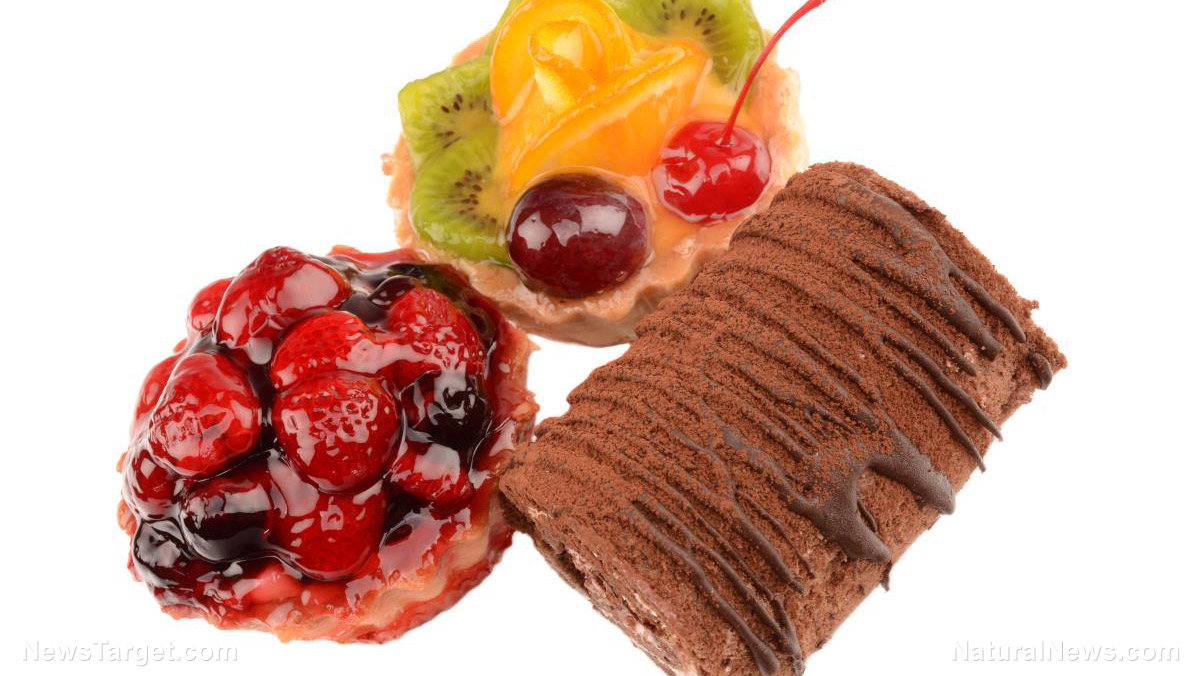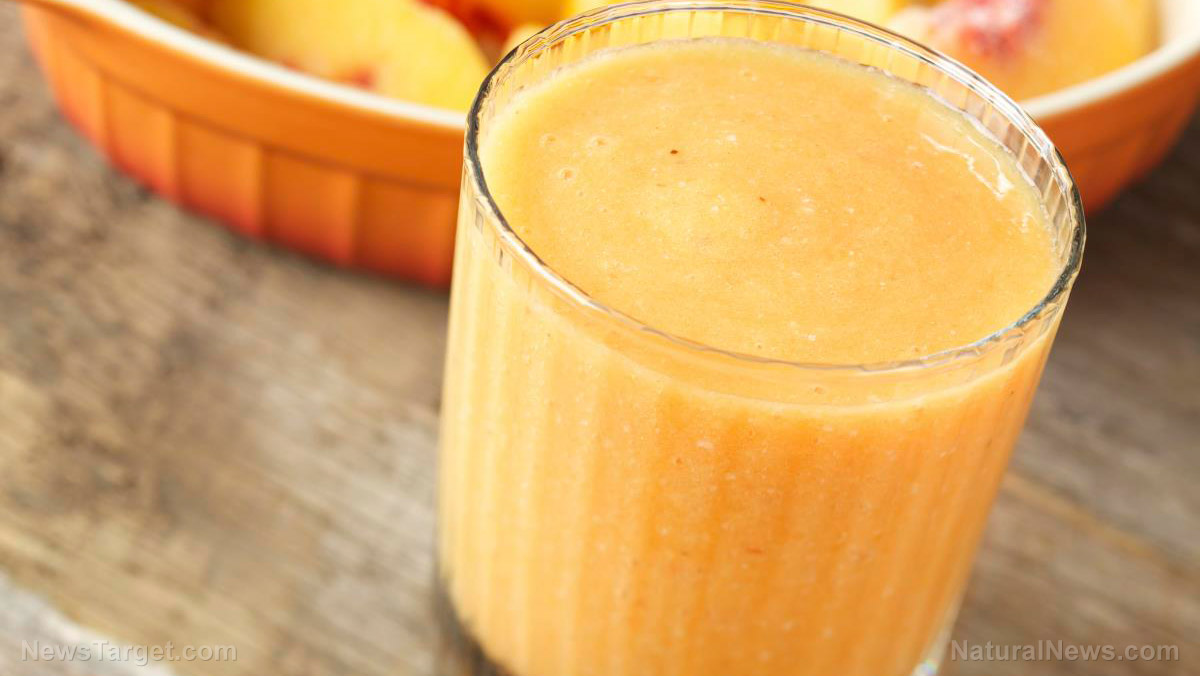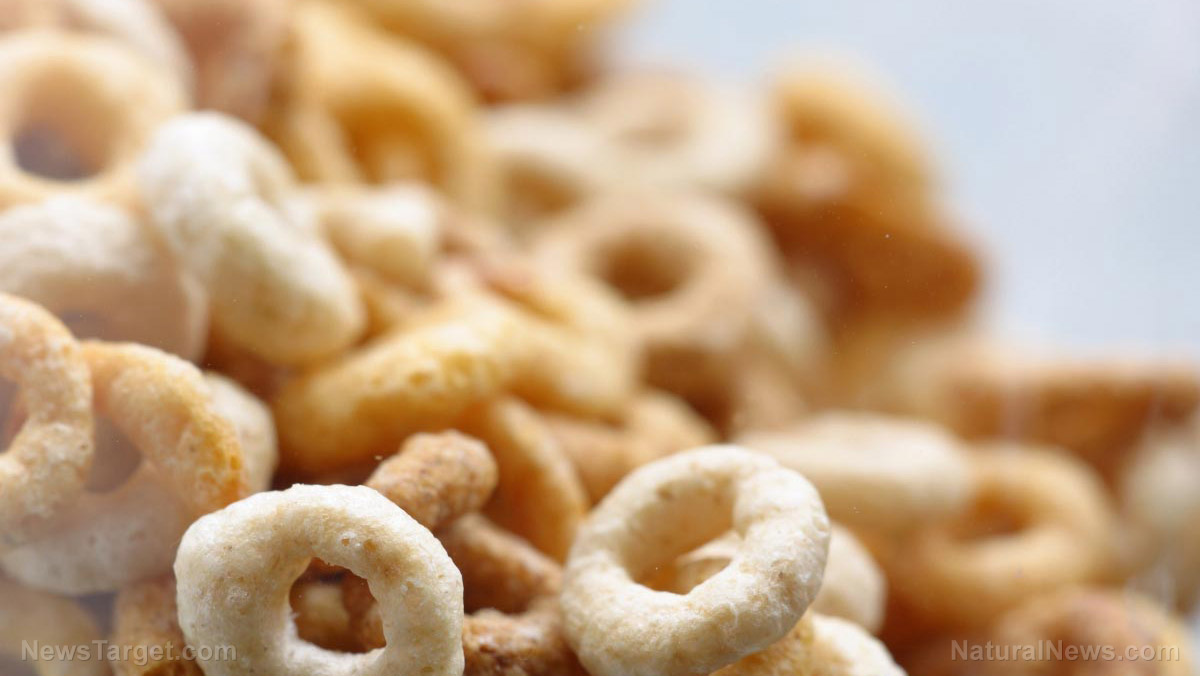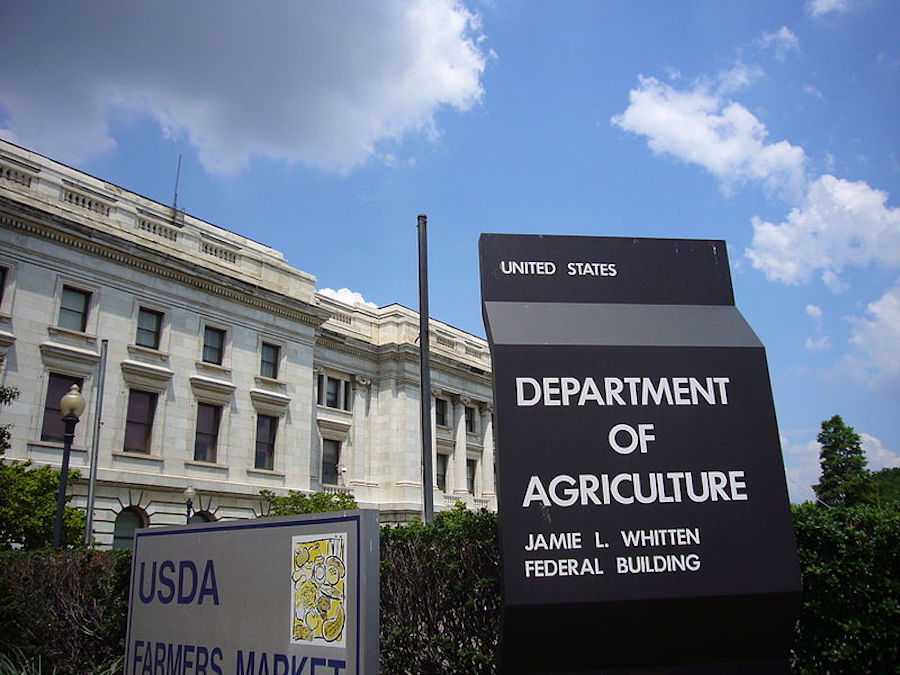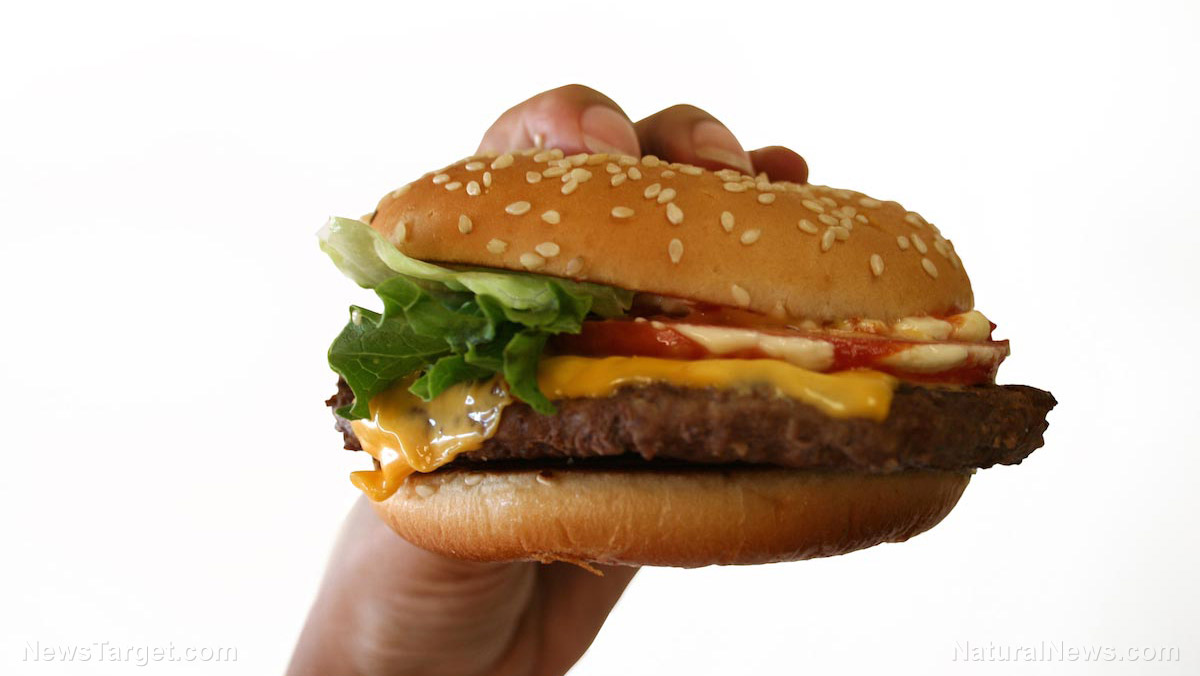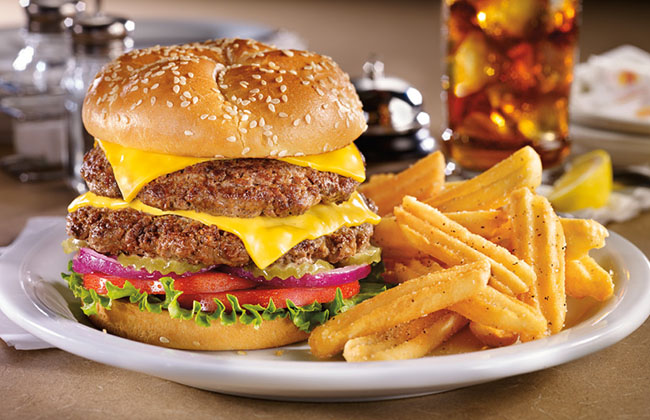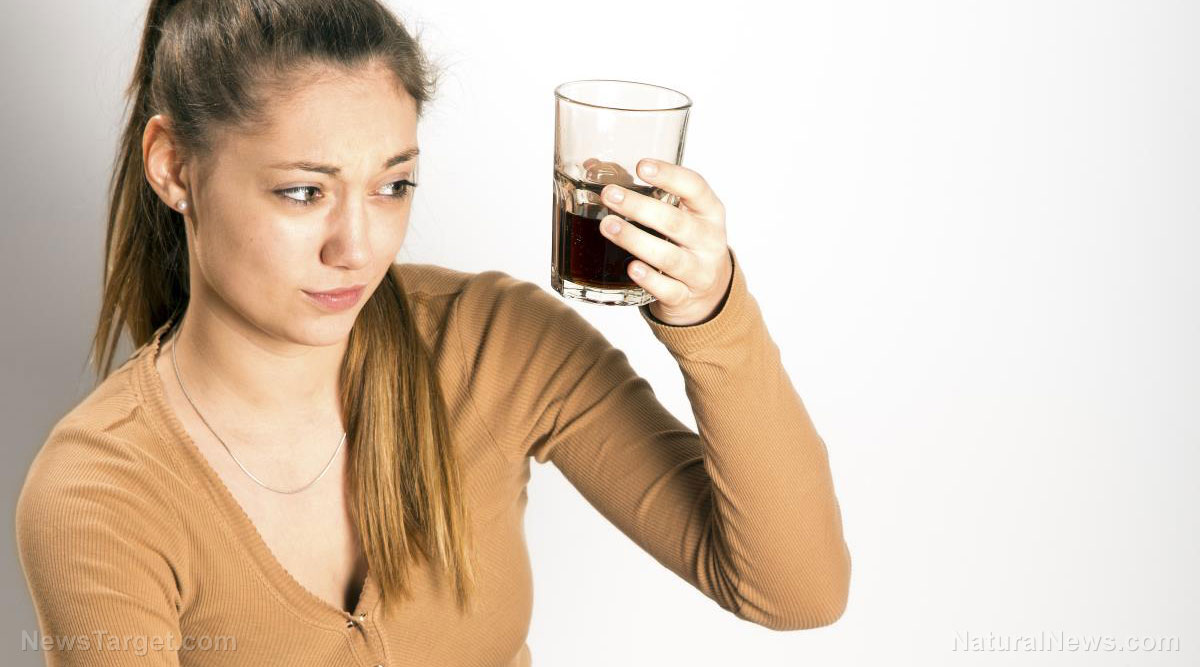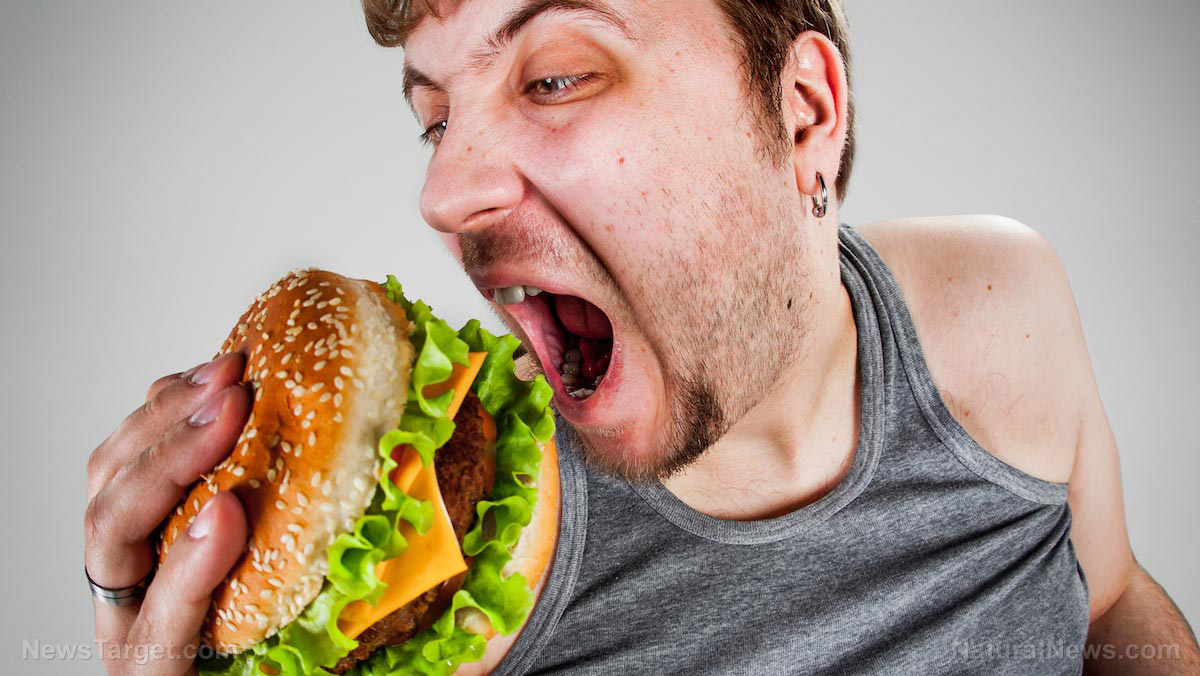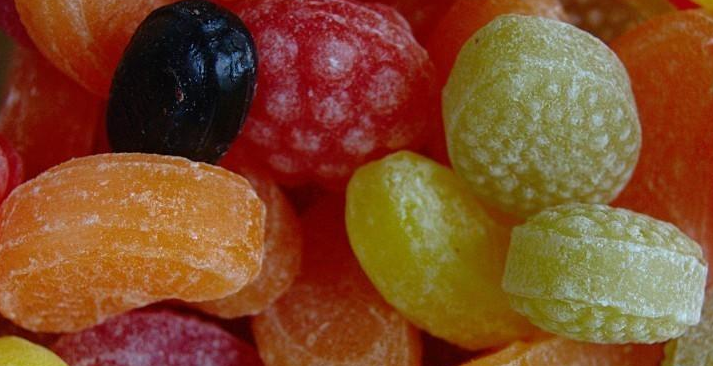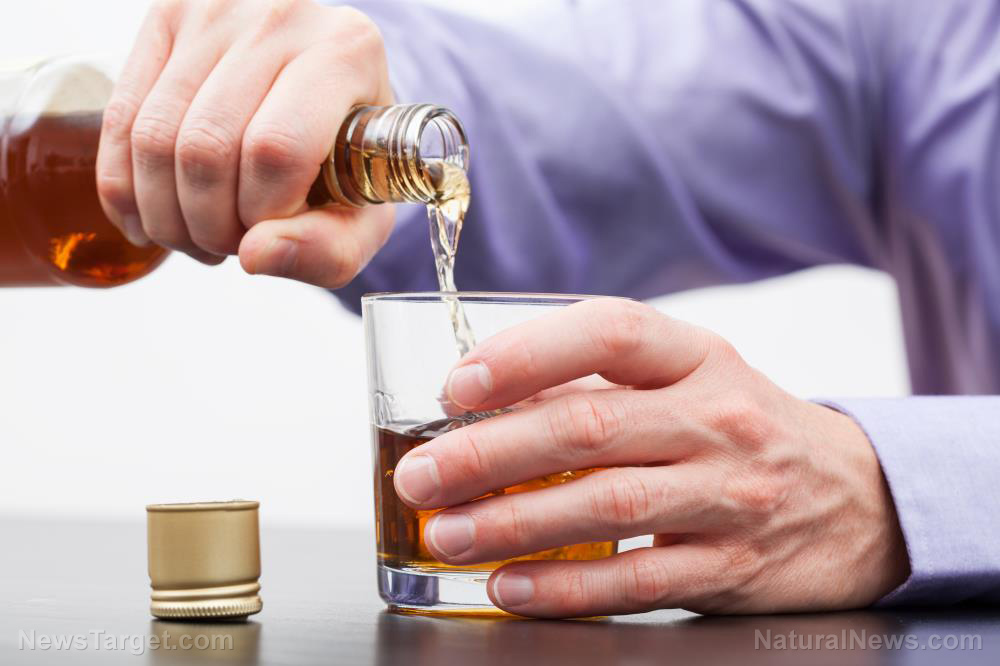Deadly sweet: Energy drinks linked to chronic disease and hyperactivity, studies reveal
04/21/2019 / By Michelle Simmons
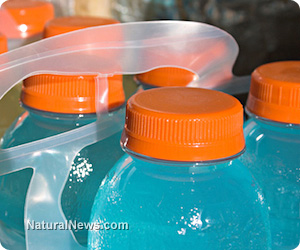
Energy drinks have become a popular drink among children and teenagers, especially those who play sports. However, studies show that drinking these beverages may contribute to the development of health problems later in life. For this reason, experts warn individuals aged 18 and below to stay away from these drinks. Listed below are the negative effects of drinking energy drinks while you are young:
Energy drinks significantly increase the risk of traumatic brain injury (TBI)
One study published in the journal PLOS One looked at the link between higher incidences of TBI in teens who consumed energy drinks and energy drinks mixed with alcohol. The study defined TBI as a blow or a hit to the head that either caused unconsciousness for at least five minutes or led to hospitalization for at least one night. The researchers found that occasional to infrequent drinkers were twice to four times more likely to sustain a TBI. This risk significantly increased for those who consumed five or more energy drinks in a week. Those who drank energy drinks with alcohol had the greatest risk. Teens who sustained a TBI also became more frequent consumers of energy drinks and alcohol, suggesting that it might be their means of coping with the injury.
Energy drinks can result in alcohol use in teens
Another study, which was published in the journal Drug and Alcohol Dependence, revealed that teens who consumed energy drinks were more likely to drink alcohol than others. Many studies also showed that combining alcohol with energy drinks could cause physical and psychological side effects, including heart palpitations, sleeping difficulties, and agitation. In addition, teens who consumed energy drinks were more likely to smoke and use drugs.
Energy drinks increase the risk of chronic diseases in children later in life
A study published in the International Journal of Environmental Research and Public Health reported that adolescents who regularly consumed energy drinks had a high risk of developing chronic diseases later in life. These diseases include cardiovascular disease, hypertension, and osteoporosis . The risk was even higher for those who consumed energy drinks with alcohol. Some studies showed that young people could develop arrhythmia and other heart conditions before they reach adulthood.
Energy drinks can cause behavioral problems in adolescents
A study published in the journal Academic Pediatrics revealed that middle school youth who consumed energy drinks were at greater risk of having behavioral problems. The study authors found that the risk for hyperactivity and inattention was 66 percent higher for them.
Healthy and natural energy drinks
Energy drinks contain vitamins, but they are mixed with caffeine and other chemicals that have bad side effects. Fortunately, there are natural alternatives that help fight fatigue, replenish lost energy, and keep the body hydrated. These include:
- Water and naturally-flavored water: Water is probably the best energy drink available because all of the metabolic reactions that happen inside the body happen in water. Dehydration is also one of the primary reasons why people start to lose energy and feel sluggish. If you think water alone is boring, you can add flavor to it by adding fruit slices that provide carbohydrates and B vitamins for an extra energy boost.
- Green juices and smoothies: Dark green vegetables like kale, spinach, and parsley are great for making green juices or smoothies because they contain high amounts of B vitamins which boost metabolism. When metabolism is high, the body produces energy at a faster rate.
- Coconut water: Coconut water is a great, healthy energy drink that can help children rehydrate after doing a physical activity or battling sickness. It is rich in nutrients like vitamin C, magnesium, and potassium, as well as electrolytes, which are lost through sweat during exercise.
Learn more about other toxic foods and drinks you need to avoid by visiting JunkFood.news.
Sources include:
Tagged Under: adolescents, alcohol use, cardiovascular disease, children's health, chronic disease, drugs use, energy drinks, food science, grocery, harmful drinks, health problems, health risks, heart health, hyperactivity, inattention, ingredients, Natural Alternatives, natural energy drinks, research, Teens, toxic foods, toxic ingredients, traumatic brain injuries

